My boyfriend was never allowed to help his mom with food so now he is so bad in the kitchen ?
15 Food Mistakes Parents Make Without Even Realizing It
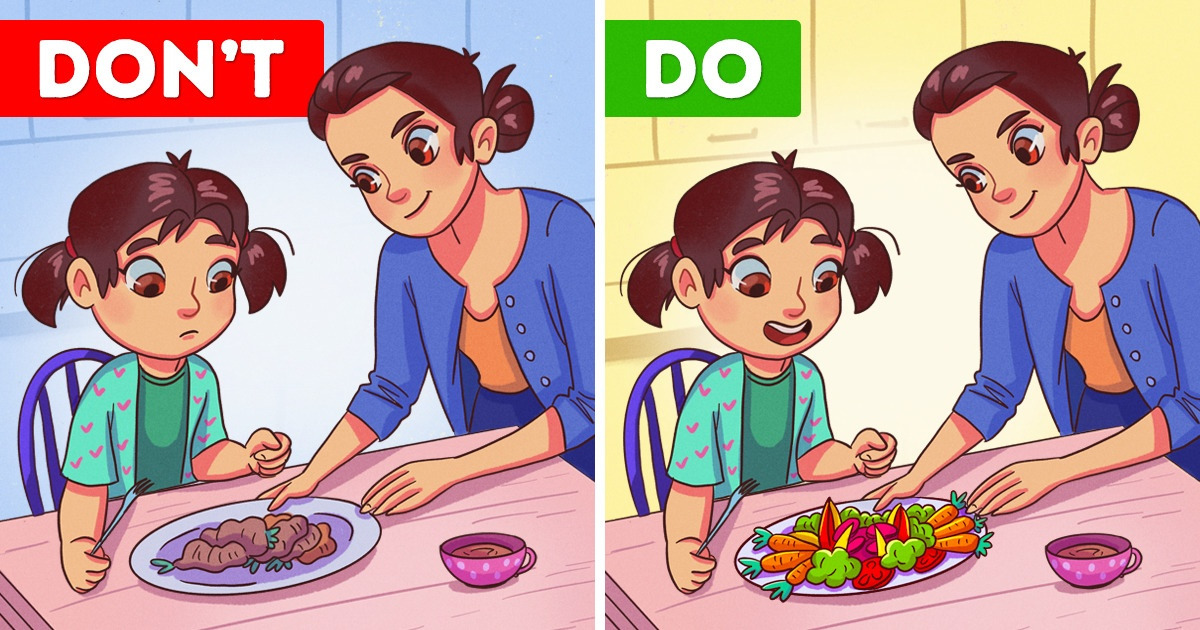
Parents are naturally concerned about their children’s health and eating habits, but sometimes, they may be taking the wrong approach simply because they don’t know any better.
Today, Bright Side has compiled a list that highlights many parents’ feeding habits that may have negative implications on their children.
1. Bribing kids with dessert
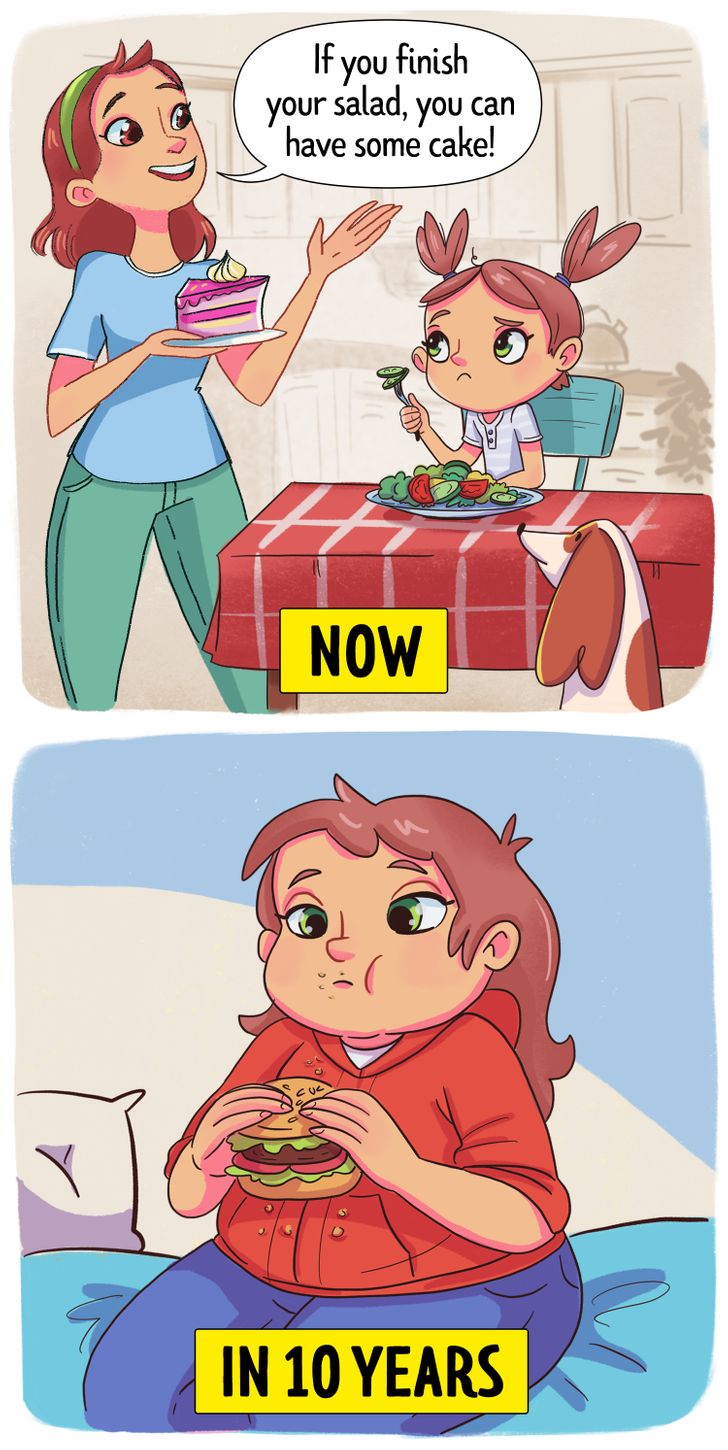
This is a strategy many parents employ, but food should never be used as a reward as this creates a view of “good” and “bad” foods in your children’s minds, which later leads to a disdain for healthier choices.
2. Pressuring them to eat
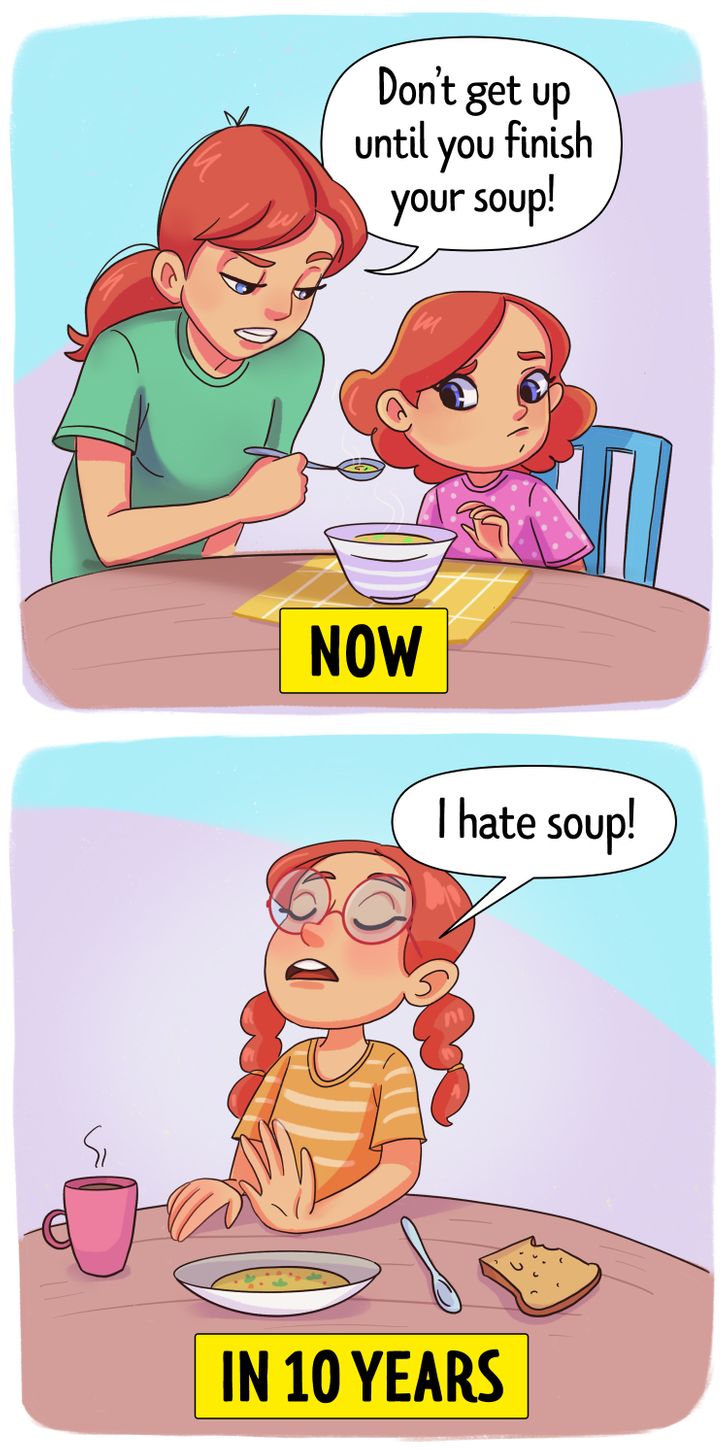
Studies have shown that pushing your child too hard can lead to stage fright and in the future, they’ll likely have negative feelings toward the foods they’ve been pressured to eat.
3. Keeping unhealthy treats out of reach

Parents often do this because they know that their children simply can’t control themselves and will probably binge-eat. However, studies have shown that this will lead to children binging on these foods when they are away from home. The best approach is to only purchase healthy snacks and to make them easily accessible to your kids.
4. Serving bland, boring vegetables
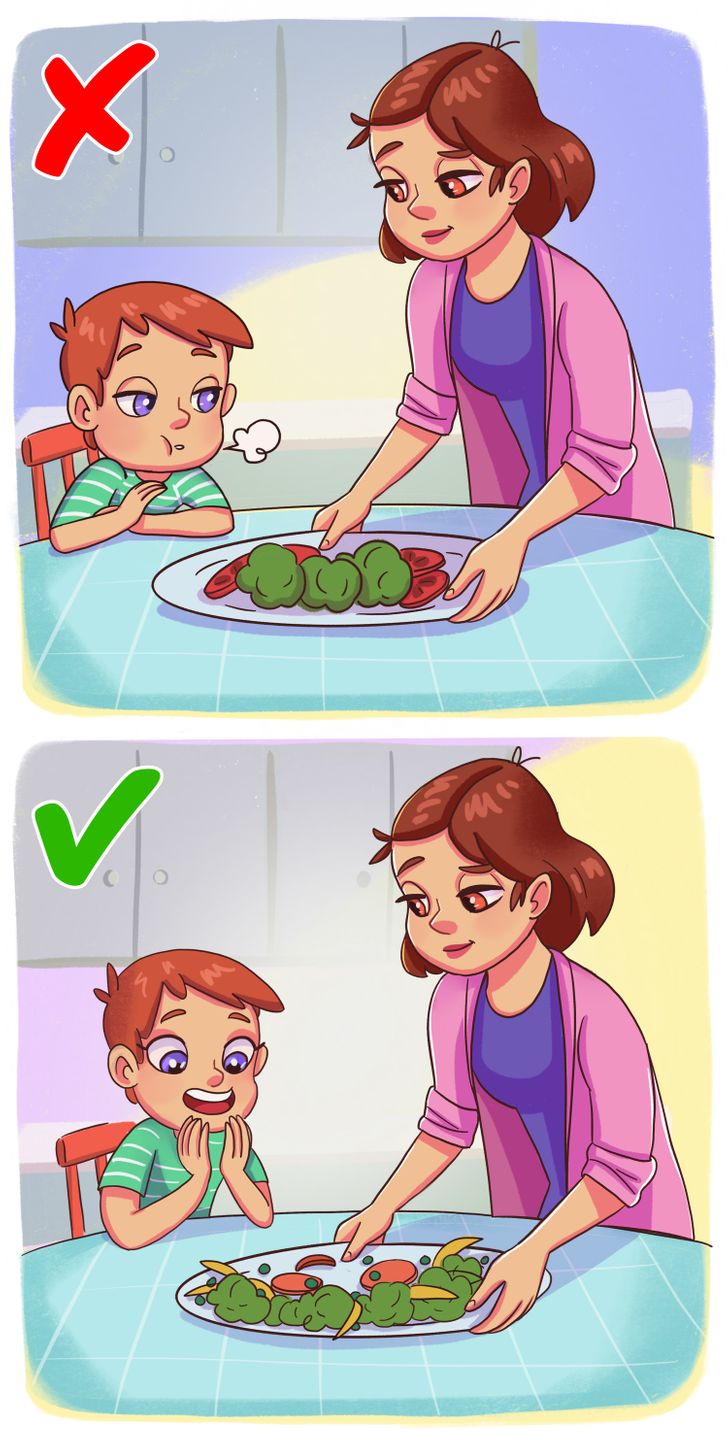
It’s often difficult to make kids eat their vegetables, so give those veggies a little more flavor with some dressing like ranch, butter, or cheese sauce as it will make them more appealing.
5. Accepting that your child is a picky eater
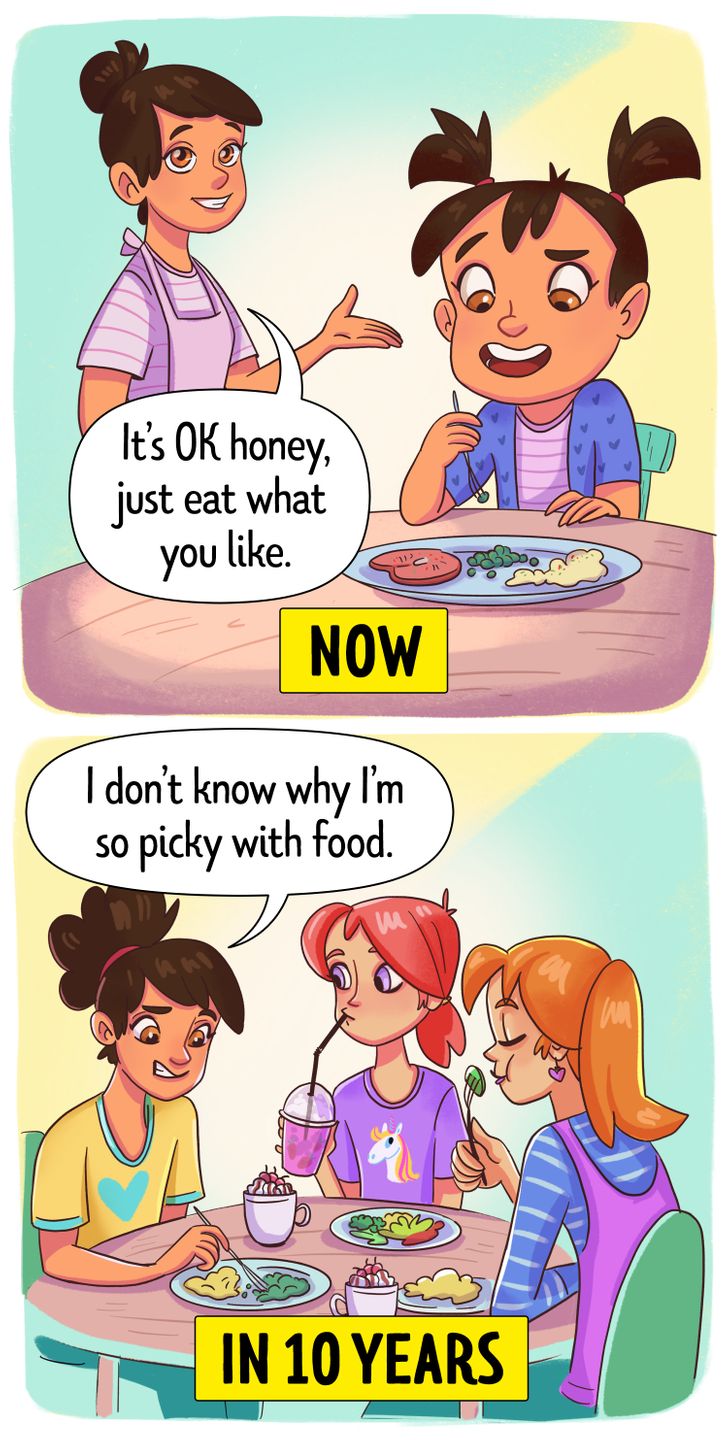
As a parent, it’s important to never get discouraged to push your children to eat more healthily. It might seem like a losing battle at first, but after multiple attempts, even the most stubborn children can change their minds.
6. Serving portions that are too large
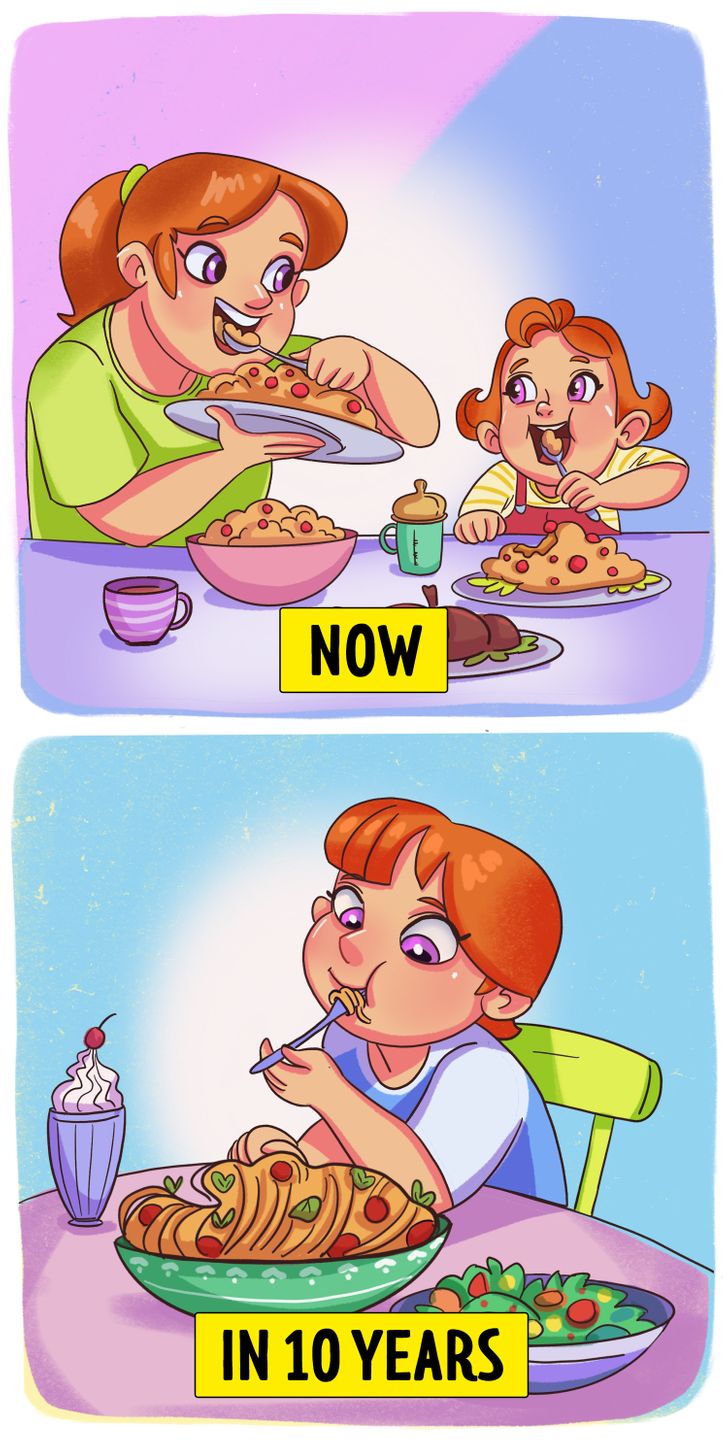
It’s important to remember that your child’s belly is much smaller than yours, so don’t go overboard with the portions. Doing so can lead to overeating and the development of negative eating habits.
7. Forcing kids to finish their plates
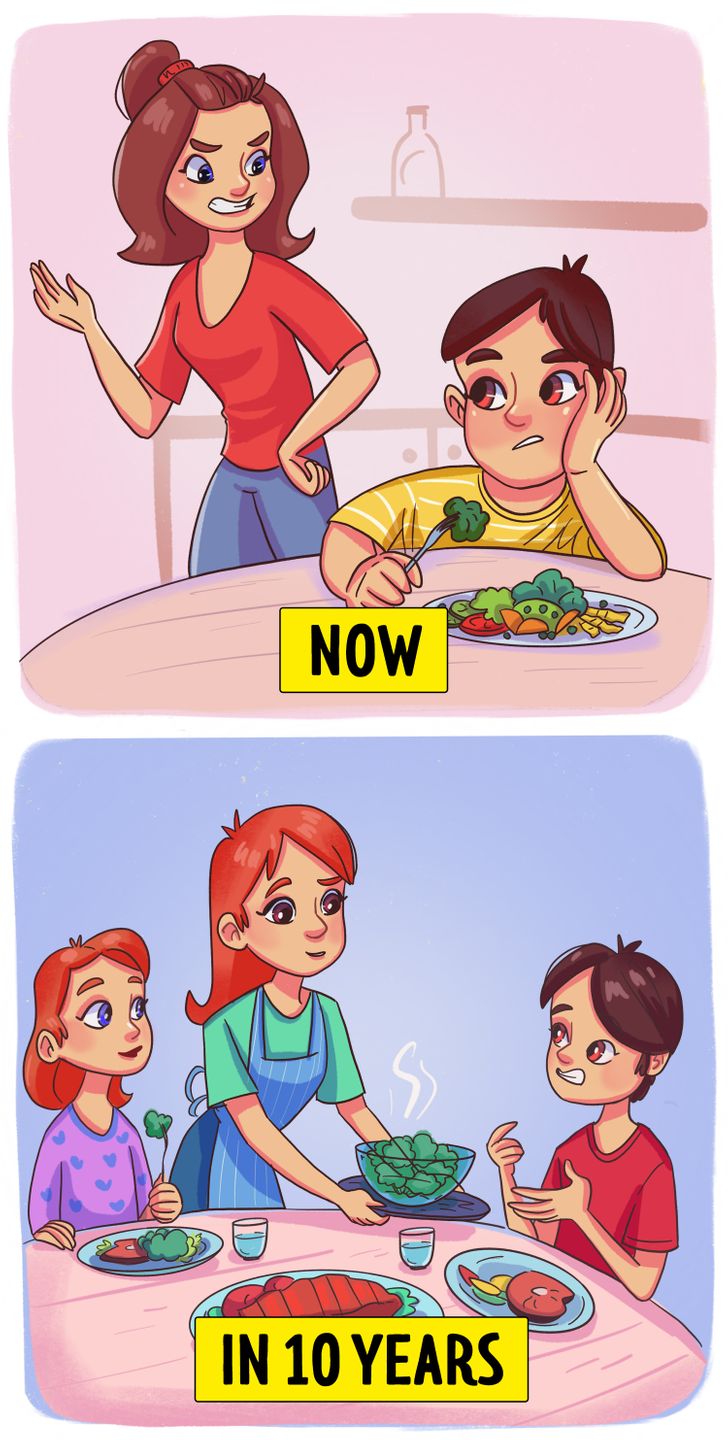
According to studies, this technique is likely to backfire because, in the long run, it leads to a dislike for these foods. Rewarding your children for eating certain foods is also the wrong approach as studies have shown that children will end up disliking these foods.
8. Not involving kids in the cooking process
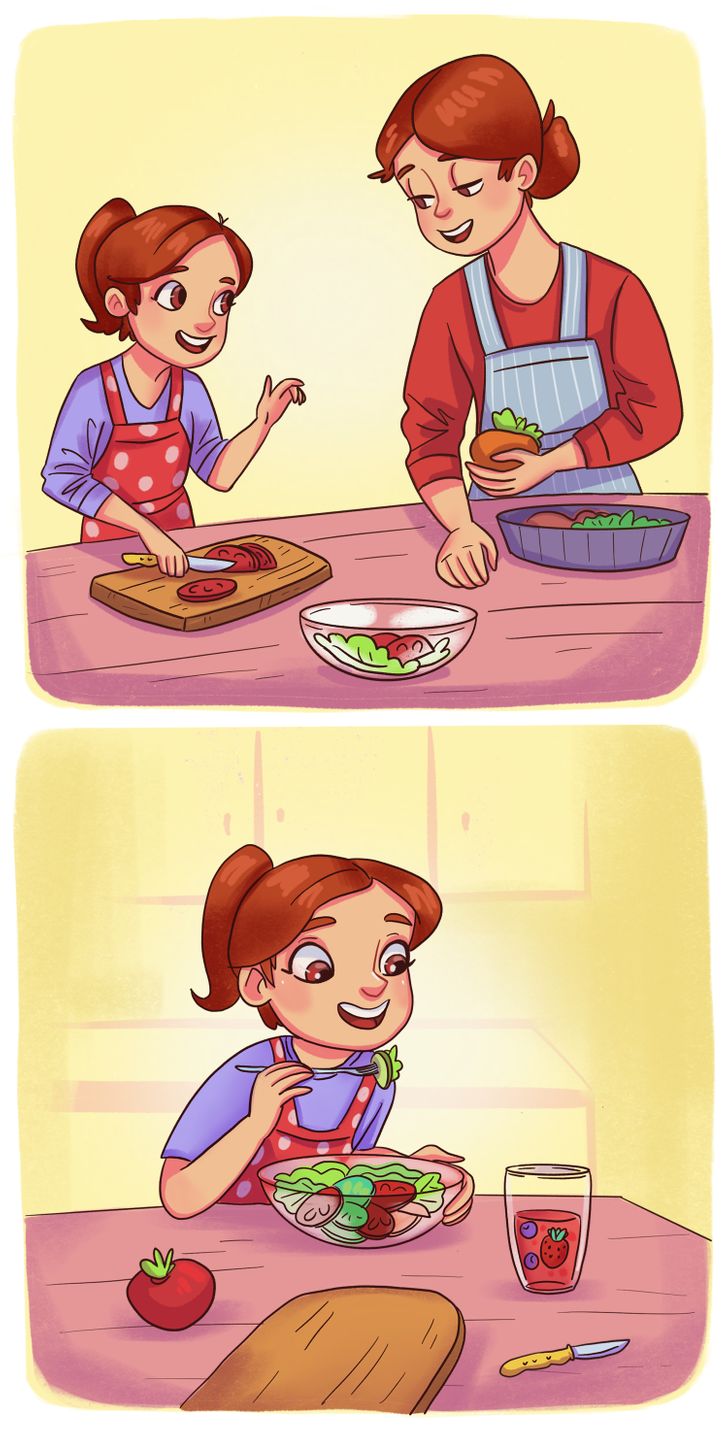
According to nutritionists, it’s important to make your children part of the entire process of a meal, from buying the ingredients to creating the entire dish. By doing so, children are more likely to want to eat these healthy foods.
9. Not allowing kids to play with their food
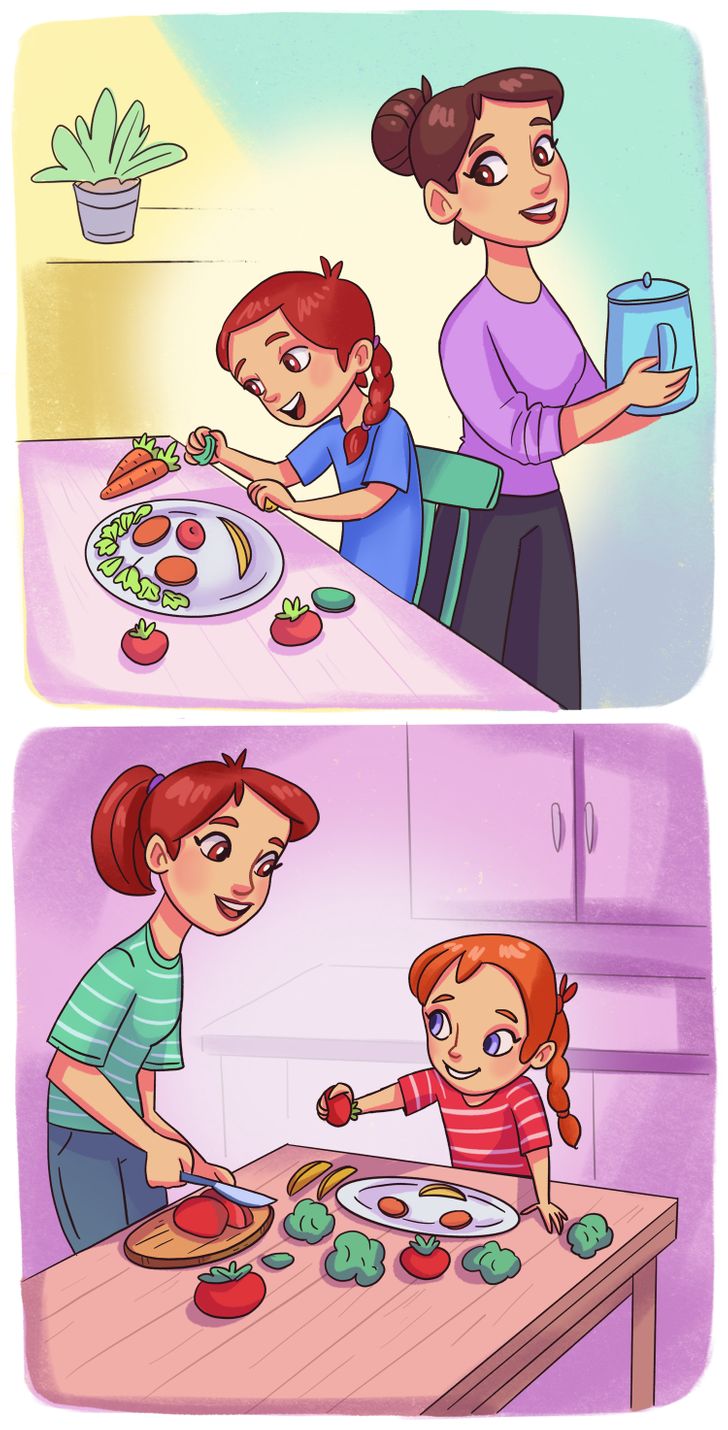
This might seem like a strange tip because this is something parents typically hate. However, studies have shown that children are more likely to enjoy foods that they were once allowed to play with.
10. Not making kids’ plates colorful enough
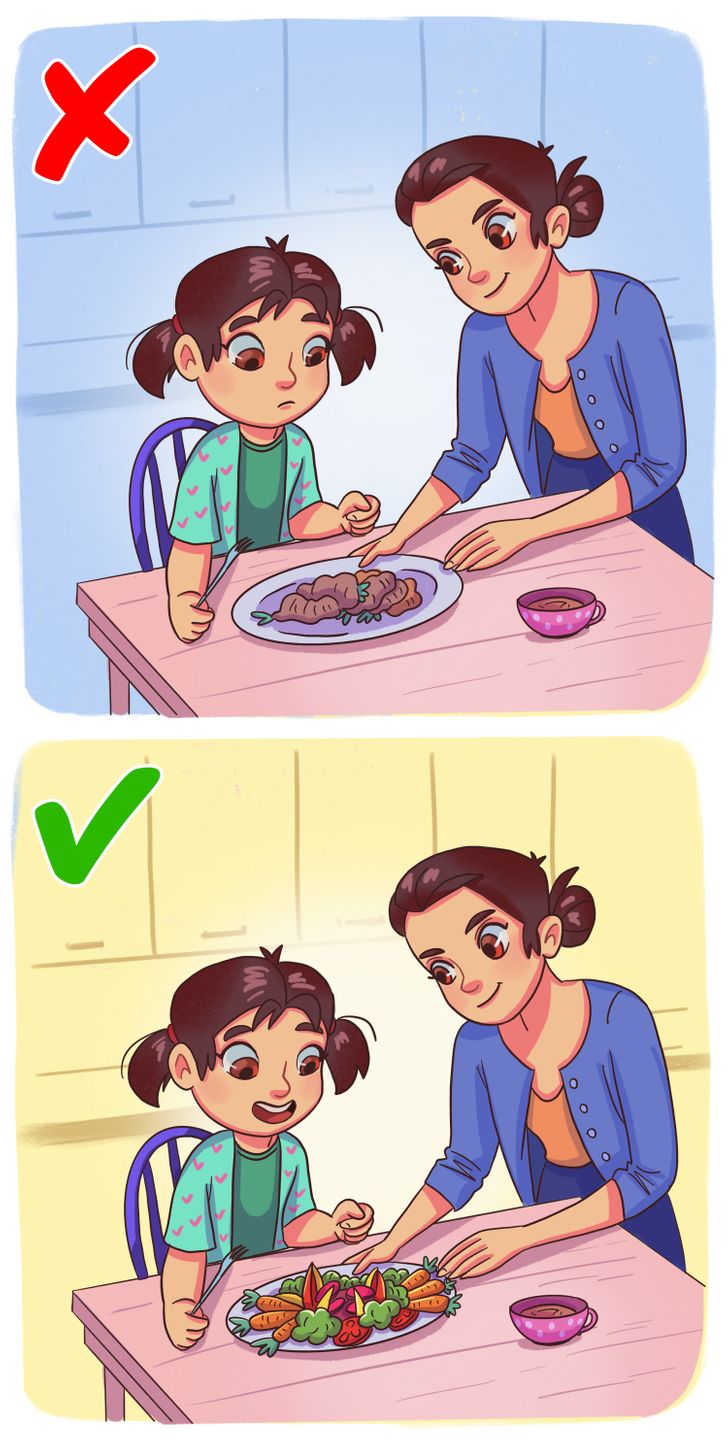
Many children love arts and crafts, mainly due to the many colors involved. According to a study conducted by Cornell, the same is true for their meals! When a plate is filled with colors, children are more likely to dig right in. Additionally, it’s a good idea to make shapes with their food, like smiley faces. Get creative!
11. Being a picky eater yourself

Aside from being hypocritical, being a picky eater in front of your children is likely to make them act the same way. So, parents: don’t always order the same dish when you go out to eat!
12. Allowing kids to eat in front of the television
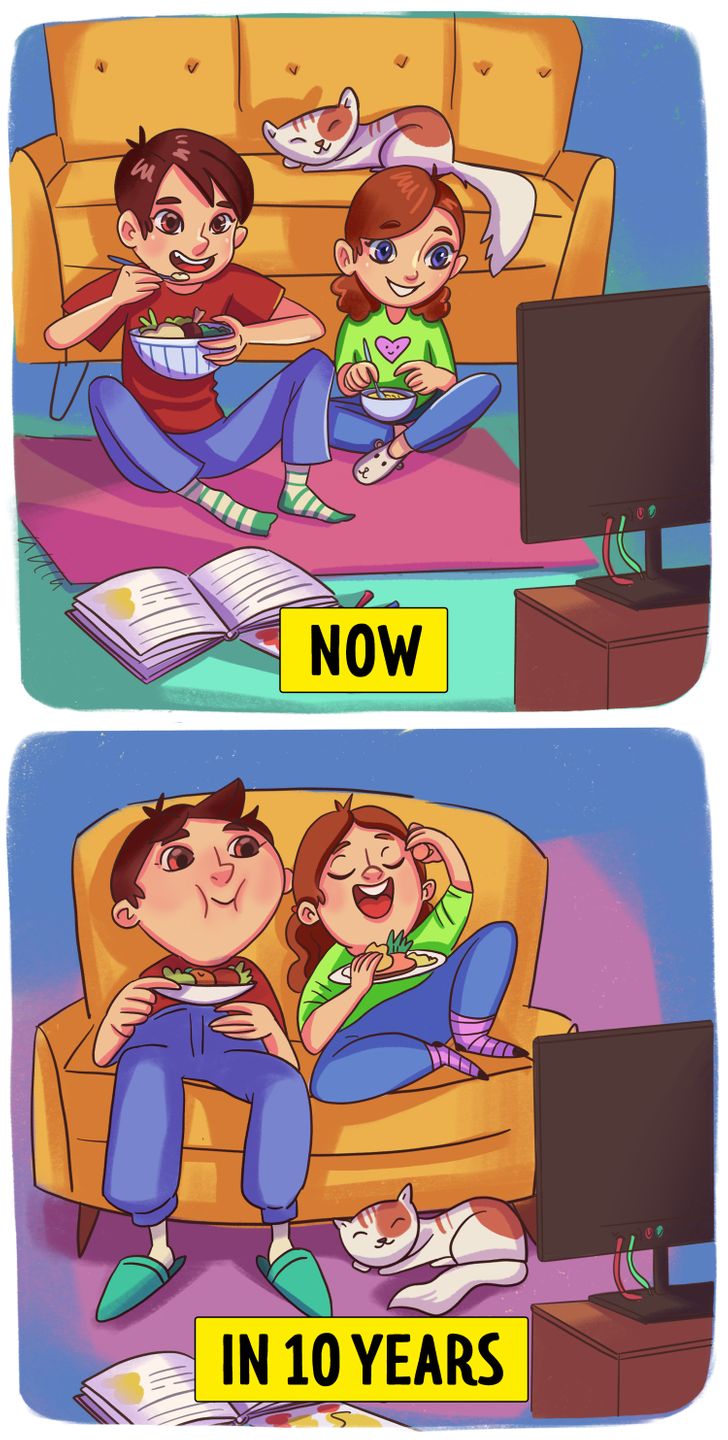
It has been shown that a third of parents allow their kids to eat while watching TV! However, it’s very unhealthy because according to the American Journal of Clinical Nutrition, this leads to eating up to 10% more calories.
13. Dieting in front of your kids

When dieting, parents need to understand how this affects their children. As mentioned earlier, kids often like and dislike the same foods as their parents. So when a child sees a parent undergo a diet, it can put children at risk of eating disorders in the future when exposed to these dieting habits at a young age.
14. Rewarding your child with food

Children can be difficult to handle, so this technique is used by parents far and wide. For instance, they may tell them that if they finish their homework, they can have a cookie. However, you should try to avoid doing this because studies have shown that it can lead to emotional eating when the children get older.
15. Giving your child too many snacks
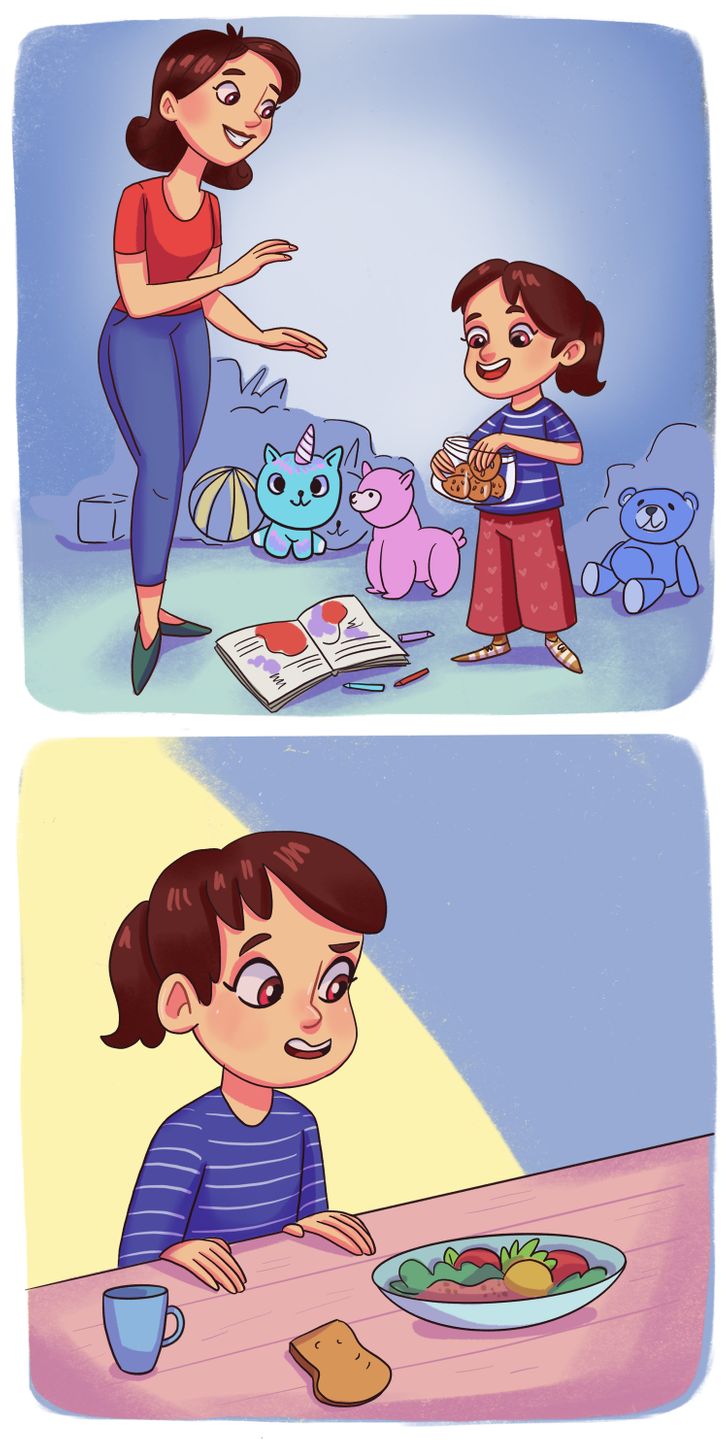
If your child often demands snacks in-between meals, don’t worry — you’re not alone. However, overloading your child with snacks is detrimental to their health as it can lead to them consuming less healthy foods. Because of this, it’s advised not to give them more than 2 100-calorie snacks every day.
Were you a picky eater as a child? Do you make your children sit at the table until they finish their meal?
Comments
Related Reads
Ukrainian Artist Inserts Disney Characters Into 2018, and Aladdin Is Way More Daring Now

Emma Watson’s Gravity-Defying Dress Is the New Viral Optical Illusion No One’s Able to Solve

I Quit After My Boss Punished Me for Attending My Mom’s Surgery

10 Teachers Who Learned Life Lessons From Their Remarkable Students
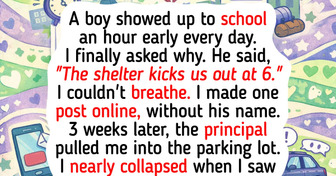
I Refused to Help My Dad With His Hospital Bills, I’m Not Here to Rescue Him

15 Real-Life Moments That Prove Quiet Kindness Is a Real Power Move

18 Stories That Prove Living in an Apartment Is Like Having a Front-Row Seat to a Comedy Show
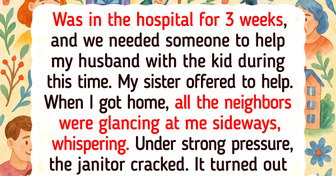
19 Heartbreaking Blended Family Stories the World Needs Right Now
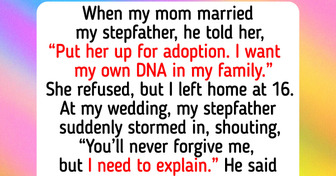
10 Times a Moment of Pure Cruelty Was Actually a Secret Act of Kindness

I Refuse to Name My Baby After My Mother-in-Law, She Crossed a Line

12 Moments That Show Romance Is Really About Small Acts of Kindness

10+ People Who Went on Holiday for Comfort but Got a Crazy Story Instead
